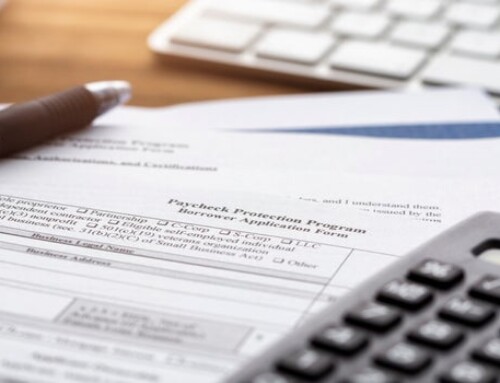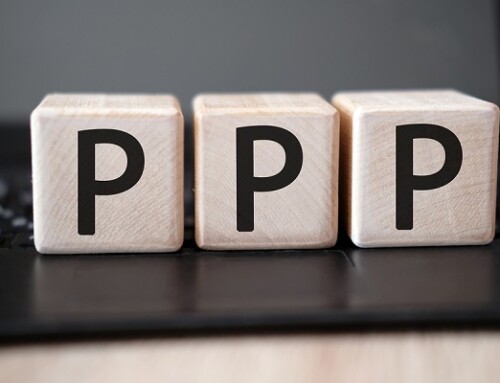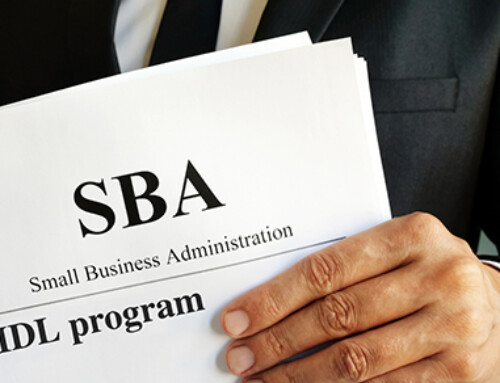Does your rental property activity meet the definition of a trade or business activity?
If yes, your rentals produce the best possible tax benefits.
In general, you report your rental properties on Schedule E of your tax return. When your activity rises to the level of a business, you continue to report the rentals on Schedule E, but with the business classification, you qualify for
- tax-favored Section 1231 treatment;
- business use of an office in your home;
- business (versus investment) treatment of meetings, seminars, and conventions; and
- Section 179 treatment of your business-use assets.
Rentals as a Business
In Levy, the court ruled that the trustees of this estate, by renting the real estate, were engaged in a trade or business. The court then went on to say this:
Courts have consistently held that the rental of real estate is a “trade or business” if the taxpayer-lessor engages in regular and continuous activity in relation to the property. It has been held that a taxpayer who rents only a single parcel of real estate is engaged in the “trade or business” of renting real estate if his activities are regular and continuous. The fact that the trustees employed agents to manage the real property does not make any difference.
Section 1231
The two big tax benefits of Section 1231 treatment are:
- Tax law treats net Section 1231 losses as ordinary losses that you use to offset ordinary income.
- Tax law treats net Section 1231 gains as long-term capital gains.
This gives you the best of both worlds: ordinary losses and long-term capital gains.
Home Office
In Curphey, the Tax Court ruled that Dr. Curphey’s ownership and management from his home of three condo units, two townhouses, and one single-family home rose to the level of a trade or business for purposes of his claiming the home-office deduction.
Meetings, Seminars, and Conventions
Tax law grants no deduction for travel or other costs of attending a convention, seminar, or similar meeting unless the activity relates to a trade or business of the taxpayer.
Thus, if your rental property is an investment, kiss goodbye those deductions for rental property conventions, seminars, and similar meetings.
Section 179 Expensing
With respect to rental properties and Section 179 expensing, you need to pay attention to the following two rules, which can impact your expensing:
- You may not claim Section 179 expensing on most assets used for residential rental properties.
- To qualify for Section 179 expensing, you must purchase and place the property in use in the active conduct of your business.
We’re sure that you found the information above interesting. If you would like to discuss any of the concepts, please call us.





